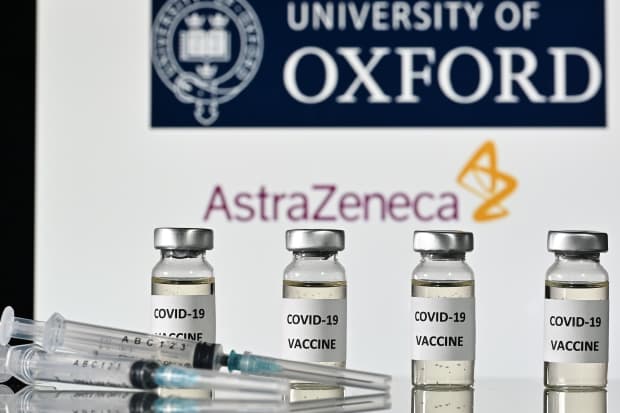This post was originally published on this site

Results on the effectiveness of the University of Oxford and AstraZeneca experimental COVID-19 vaccine are expected in the coming weeks.
Justin Tallis/Agence France-Presse/Getty Images
The experimental COVID-19 vaccine being developed by AstraZeneca and the University of Oxford produces a robust immune response in older adults, data from mid-stage trials have shown.
The Phase 2 results, published on Thursday in medical journal The Lancet, suggest that the age groups most at risk of death or serious illness from coronavirus may be able to build immunity. The peer-reviewed findings, based on a study of 560 adults, showed that older adults aged 56-69 and over 70 had a similar immune response to younger adults aged 18-55.
However, with larger Phase 3 trials still ongoing, there was no update on the effectiveness of the vaccine candidate in preventing COVID-19. The university said the first efficacy data were “possible in the coming weeks.” Shares in the British drugmaker AZN, -0.09% edged 0.3% higher in early trading.
Earlier this week, U.S. drugmaker Pfizer PFE, +0.77%, which is working with Germany’s BioNTech BNTX, +4.03%, said that a final analysis of Phase 3 trial data showed its COVID-19 vaccine was 95% effective. On Monday, U.S. biotech Moderna MRNA, -4.57% said its own experimental vaccine was 94.5% effective, based on interim data from late-stage trials. Both are expected to apply for U.S. regulatory authorization within days.
Researchers said Phase 2 findings from the Oxford and AstraZeneca vaccine were “encouraging,” as studies show people tend to have decreasing immune responses to vaccines with age.
“Older adults are a priority group for COVID-19 vaccination, because they are at increased risk of severe disease, but we know that they tend to have poorer vaccine responses,” said Dr. Maheshi Ramasamy, investigator at the Oxford Vaccine Group, in a statement.
“We were pleased to see that our vaccine was not only well tolerated in older adults; it also stimulated similar immune responses to those seen in younger volunteers. The next step will be to see if this translates into protection from the disease itself.”
Volunteers in the Phase 2 trial received two doses of the vaccine candidate, called ChAdOx1 nCov-2019, or a placebo meningitis vaccine. No serious adverse health events related to the vaccine were seen in the participants, the researchers said.
The results were consistent with Phase 1 data reported for healthy adults aged 18-55 earlier this year.
“The report on the AstraZeneca and University of Oxford vaccine was less likely to move the dial as, unlike the other major vaccine updates so far, there was no detail on its efficacy,” said Russ Mould, AJ Bell investment director.

